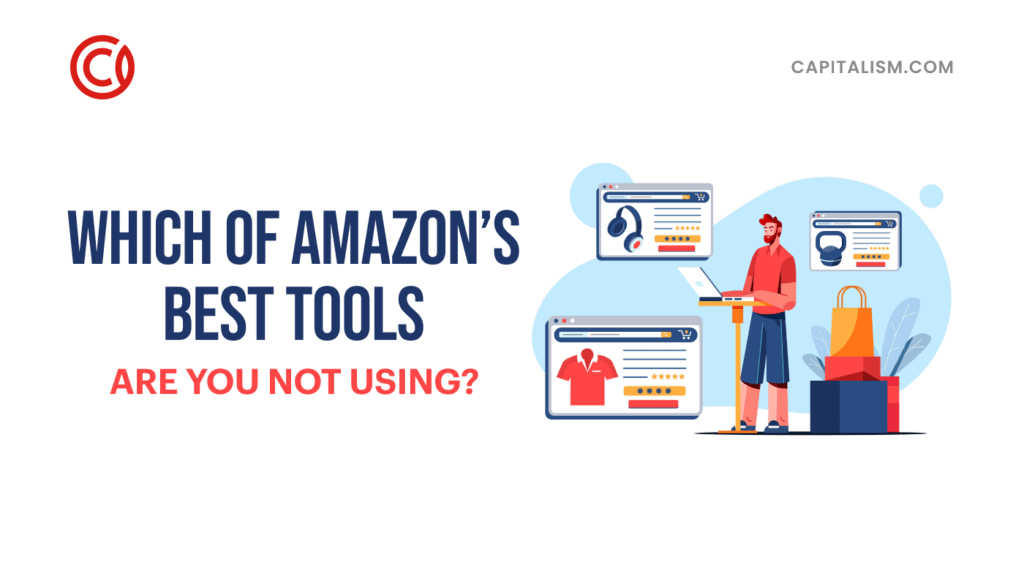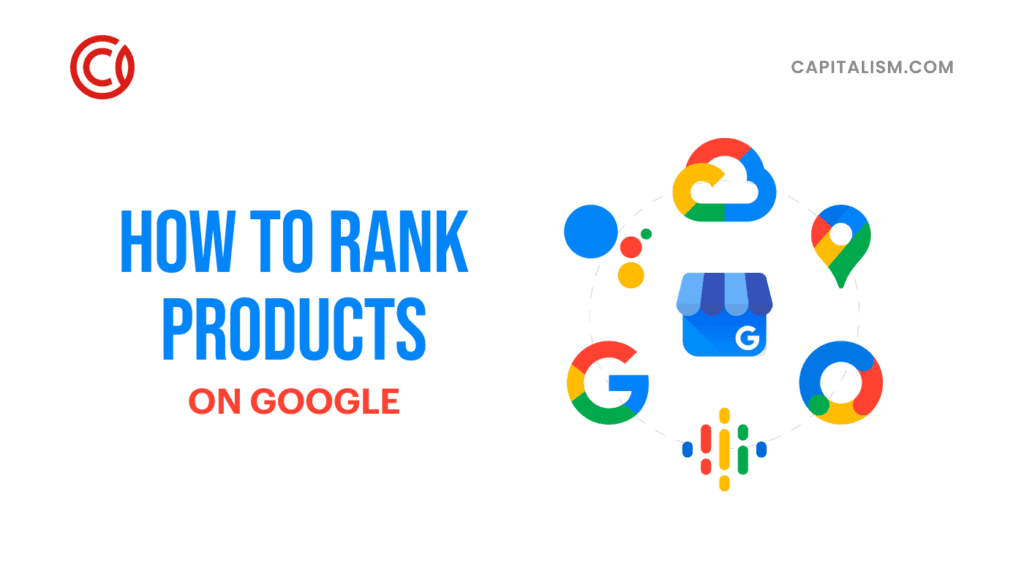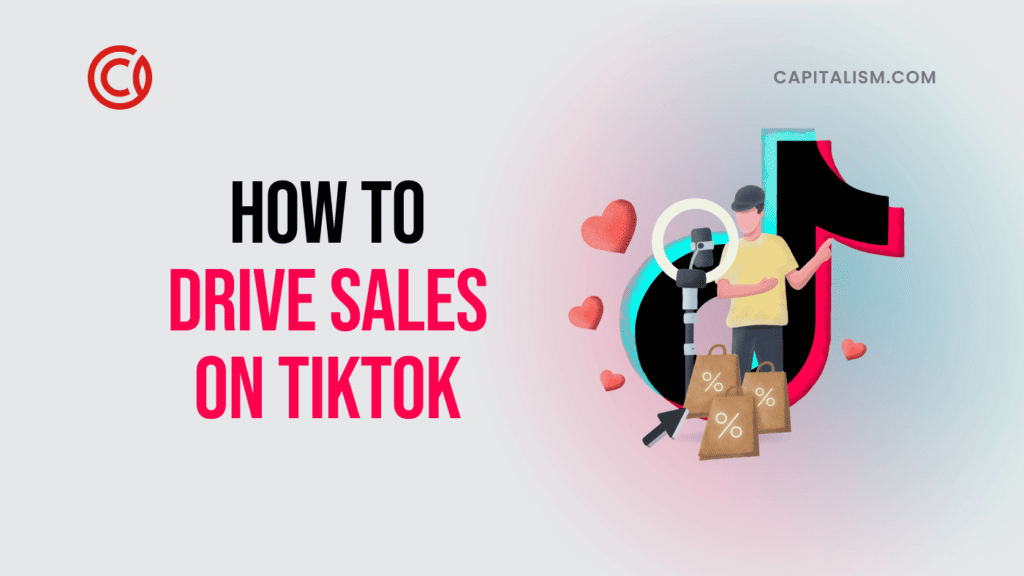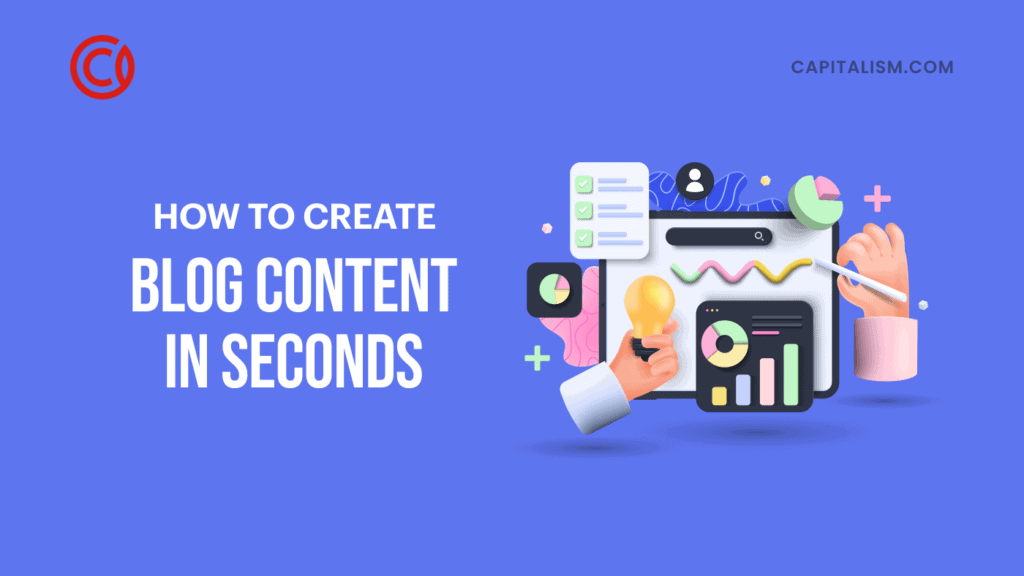As popular as podcasts are, they stir heated discussion - and not just based on their subject matter. Some believe they're more of a hobby, allowing people to vent about their passions or entertain their friends. Others assume traditional podcasts have a doomed fate, thanks to the prominence of video streaming services. For now, however, the demand for audio-based content offerings is strong and steady. So, it's no wonder people want to learn how to make money with a podcast.
Plus, check out the trend here...
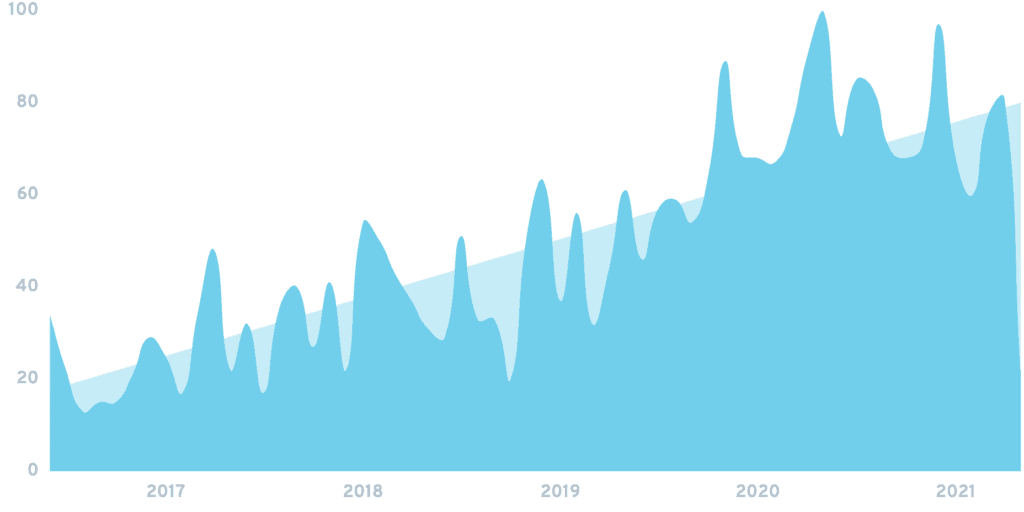
Who's tuning in?
Commuters and people getting their workout in are some of the most frequent subscribers. When it comes to listeners, podcasts are one means of delivery that has stayed relevant over the years. Beyond that, it's grown in prominence more recently, with more and more well-known influencers, audience leaders, and content creators diving into the pool.
With such a demand out there, it's no surprise that you can make money through podcasting. It's possible to earn a living - if you know what you're doing. Read on for a closer look at the potential gains from starting a podcast. You'll also gain perspective on how you can (and should) proceed once you've decided to give podcasting a try.

How Much Money Can You Make from a Podcast?
If you look in the right places, there is quite a bit of money in the podcasting world. The advertising market, which is where most of the revenue originates, was worth over $300 million in 2017 - and the numbers have only risen since then. Heavy hitters even include names traditionally associated with print media. To illustrate this, The New York Times pulls in over $4 million in yearly revenue from podcast episodes.
Still a great opportunity.
Of course, if you're hoping to make money podcasting in 2020, you don't need to be a globally recognized brand. Still, there is the question: how many downloads does it take for a podcast to make money? If you're able to build up an audience, depending on your offerings, you could begin monetizing your podcast in different ways. You could earn close to $2,000 per month via sponsorships, ad revenue, selling physical products, and Amazon's Affiliate program. This assumes, of course, that you hit your limit of at least 1000 downloads.
This might not be enough to replace your day job (at first).
It can supplement your income and offset some of the expenses associated with starting up your podcast. Once you hit 5000 downloads per episode, the revenue you stand to gain rises to over $10,000 per month.
Of course, focusing on downloads and monetization too early can do more harm than good. You'll want to concentrate on keeping listeners happy with your content and staying consistent with what they want. Anything else will run the risk of turning loyal followers away from your brand.
How Many Listeners Do You Need to Make Money on a Podcast?
Often, getting sponsorship for your podcast will come down to how many listeners you have. Some agencies will only consider you if your audience is in the 3000 to 5000 range, but this isn't the only way forward. The key is leaning towards a more niche listener-base, which will always be more valuable to advertisers than a general one.
Who will you serve?
Restrict your target audience to a specific area, including pet food buyers, antique appreciators, and others like this. You may find sponsorships much more attainable. Passing the 1000 listeners mark could be enough to land a deal. This only applies if you've taken steps to build a loyal, targeted audience that tunes in episode after episode. Ending up with a broad podcast that lacks a specific appeal could leave you struggling to find a willing sponsor.

How Much Does it Cost to Start a Podcast?
If you're worried about the start-up costs of running your podcast, keep in mind that the numbers can vary. It all depends on the level of quality you're seeking. Higher-end components will typically translate to a higher quality broadcast. Of course, if you already own some of the necessary equipment, you could spare yourself some of the expenses.
For cases where you don't have any, or you use outdated equipment, you'll need to buy whichever components you're still missing. These means computers, software for recording and editing, headphones and microphones. It also includes audio interfaces, amplifiers, mic stands, monitors, cables. Don't forget the regular timed expenses, such as internet hosting services.
If you stay on the lower end of the quality spectrum, and only pay for the absolute necessities, starting your podcast could cost as little as $300. If you opt for better equipment, getting started could run you over $5,000.
With all that said, it's possible to launch your podcast regardless of your budget. You can get started with only the bare essentials if you're willing to sacrifice quality. The advantage of this approach is that you can gradually upgrade your setup with new equipment as you go. Everyone needs to start somewhere, after all.
How Much Does Joe Rogan Make Per Podcast?
Joe Rogan is widely known for being the host of Fear Factor, and for being a commentator for the Ultimate Fighting Championship. The comedian also happens to be one of the world's foremost podcasters. His show is The Joe Rogan Experience. It features interviews with fighters, celebrities, and other comedians.
With over 190 million downloads per month in 2019, Rogan's podcast is a tremendous moneymaker. He makes more with a single episode than most American households earn in an entire year. Reportedly, he makes over $78,000 per episode, with over 1300 episodes already broadcasted to date.
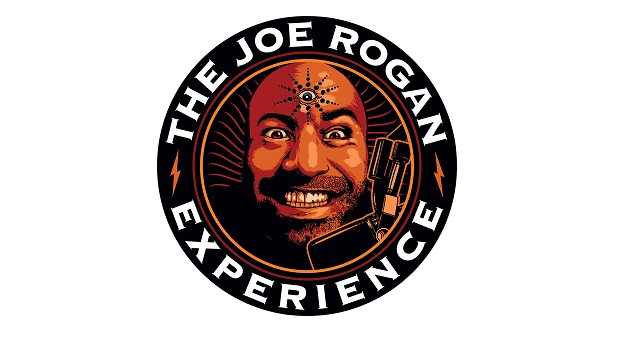
How Much Is Joe Rogan Worth?
When Forbes assessed the highest-earning podcasts in 2020, Joe Rogan was the clear cut winner. It's based on revenue made off advertisements on the flagship show, paid memberships, live touring, and other media. The Joe Rogan Experience earned the celebrity approximately $30 million in the year 2019.
Much of this stems from Rogan's ability to land high-profile guests. Elon Musk and even United States presidential candidate Bernie Sanders have both starred on his show. The two interviews accumulated over 40 million views on YouTube, demonstrating the podcast's ability to draw an audience.
As of 2021, Rogan's estimated net worth is $100 million.
How Do I Promote My Podcast?
If you're trying to get more exposure for your podcasting efforts, there are many options at your disposal. At the top of the list is your website or web presence. Take the opportunity to turn site visitors into podcast subscribers. Use easy-to-access "subscribe now" buttons and pages showcasing content offerings and subscription options.
Your friends and family can help promote your podcast.
Even if they aren't diehard fans of the show, they'll likely have an interest in what you're doing. Allow them to help you succeed by letting them know what you're doing and encouraging them to spread the word about your show. And don't forget the value of reviews! Positive feedback from listeners will help your podcast stand apart from the rest. Remind your audience to leave reviews, and you'll likely get a boost for your trouble.

Social media platforms are another useful tool for spreading the word.
Wondering where you can find a place to connect with potential listeners? Sites like Twitter and Facebook feature communities of podcasters. These folks are almost always willing to share information with up-and-coming peers.
Additionally, you can further promote your podcast by submitting it to the following:
Ultimately, you should choose whichever method you’ll actually use.
Some podcasters visit message boards based on similar topics. Here they can join the conversation and provide valuable information. This can be an effective way to promote your content, but be sure to lead with value. Focus on the discussion and stick to keeping your podcast information in your signature. And remember: when it comes to self-promoting, less is more. Spamming people with too much outreach will most likely leave you with fewer listeners.

How Do I Get Sponsors for My Podcast?
If you have a good enough following, and you're hoping to start monetizing it, sponsorship is a great way to secure a new revenue stream via your show. There are three easy ways you can find sponsors. You could choose to locate opportunities through your podcast hosting website. You might also prefer to wait for suitable advertisers to find you, or you might attempt to sell the advertising space yourself.
Sponsors may come knocking.
Podcast hosts, like Podbean, Blubrry, and Libsyn, will contact shows about advertising opportunities. This assumes that the shows meet their criteria. This can happen if your episodes have been getting high download numbers, or if a particular advertiser has an interest in the genre you're occupying. This method offers added convenience, due to the sponsorship becoming secured through the host. If the hosting site coordinates the deal, they will receive a part of the sale.
Waiting for advertisers to find you instead can be viable if you're not concerned about the timeframe. Potential advertising partners will reach out to you if you maintain your focus on producing great content. You should make sure your show ranks well on the platforms you've chosen as well. They will see the opportunity you're presenting, although this could take some time to happen.
You can approach advertisers, too.
The last option could very well be the most difficult. Selling the advertising spots yourself can take a great deal of time and effort. This is especially true if you're still working on building up your listener-base. To make this easier, you should take the time to research other podcasts in your area. See who has been advertising with them, and then inquire about their interest in your show.

How Do I Start a Podcast Business?
If you're hoping to start a new podcast-based business, planning is an essential step. You'll want to choose a topic for your show, as well as identify your target market. You can base your podcast on just about any topic, so it's up to you to figure out your specific niche. Ideal topics will be broad enough to talk about for many episodes (preferably at least one hundred). They should not be so wide-spread that it'll lose appeal for your niche listeners. Keep in mind that it's always possible to expand your chosen subject later on as your following grows.
You'll also need to give your podcast a name.
The name should be relevant to the topic, and easy to understand. Once you've locked that down, you'll want to explore potential episode formats. If you're planning to host an interview show, it makes sense to put together a list of candidates and begin reaching out.
You can streamline the process of recording new episodes.
Try creating templates for interviews as well as for the various components of your show (intro, outro, etc.). Having ready-to-go questions can also make interviews go more smoothly, which contributes to more of the same later down the line. You'll also want to get yourself a podcast host, such as those mentioned earlier.
Cover your assets.
If you're hoping to limit your exposure, you might want to consider forming a legal business entity. Of the options at your disposal, LLCs (Limited Liability Corporations) are the most convenient. They are simple enough to set up that you can easily do it on your own. At the same time, they still protect you from legal action if your podcast business gets targeted by others intent on suing you.
How Do I Start a Podcast Network?
Networking can be a rewarding and challenging business move. Networking for a podcast is no different, as you'll need to put some thought into the connections you forge. Having a network of podcasters who only have podcasting in common, for instance, is unlikely to yield good results. You want to network in a way that allows your listeners to find other podcasts like yours.
Since podcasts aren't on a fixed schedule like television shows, listeners don't need to choose between different options. As such, other podcasters who have shows in your niche can be valuable resources for promoting your offerings. If your show is up to their standards, podcasters are more than willing to recommend it to their audience. Listeners tend to listen to several different shows in their niche, after all. Promote other podcasters' shows, and others will return the favor.

Final Thoughts on Making Money with a Podcast
Even if you're a natural, it takes time to start earning money from podcasting. Many experienced broadcasters need upwards of a year to figure things out, and turning a profit can take even longer. At the same time, you cannot reach your goals if you don't get started on them.
Build your show and focus on providing great content to your listeners. Stick to what works, remember what we discussed here, and your audience will grow over time. With that growth will come new opportunities for monetization.
In The One Percent, we recently took a deep dive into how to build and monetize audiences - whether it’s your audience or someone else’s. Podcasting is just one way you can serve people by building a business around your passion and talents. To learn more about how entrepreneurs in our community get in front of the people they want to serve, join us and look for the March 2020 issue, the Audience Edition.



